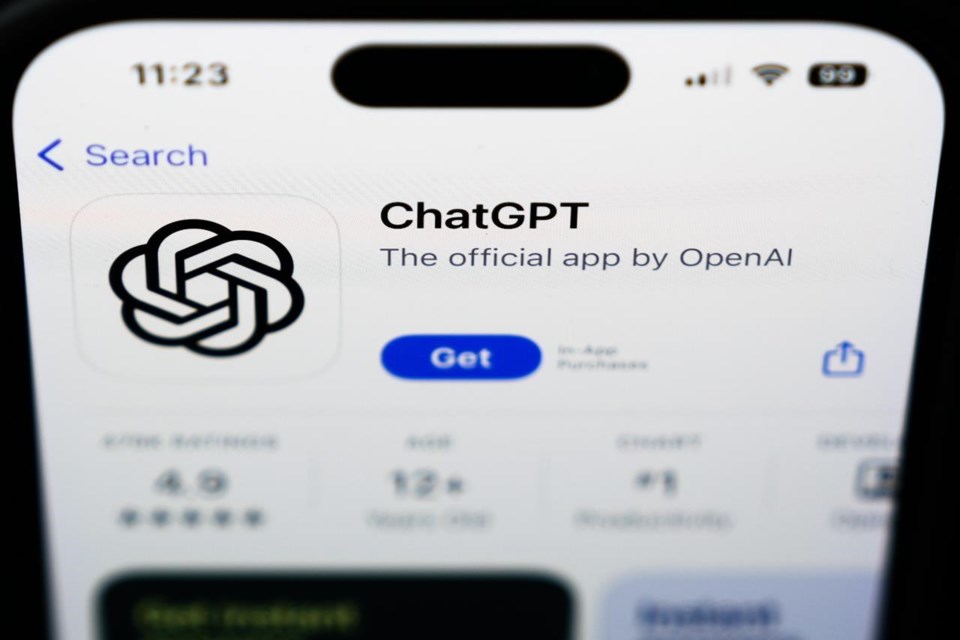LONDON (AP) ŌĆö False and misleading information supercharged with cutting-edge artificial intelligence that and polarize society is the top immediate risk to the global economy, the World Economic Forum said in a report Wednesday.
In its latest Global Risks Report, the organization also said an array of environmental risks pose the biggest threats in the longer term. The report was released ahead of the annual elite gathering of CEOs and world leaders in the Swiss ski resort town of Davos and is based on a survey of nearly 1,500 experts, industry leaders and policymakers.
The report listed misinformation and over the next two years, highlighting how rapid advances in technology also are creating new problems or making existing ones worse.
The authors worry that the boom in generative AI chatbots like ChatGPT means that creating sophisticated groups of people won't be limited any longer to those with specialized skills.
AI is set to be a hot topic next week at , which are expected to be attended by tech company bosses including OpenAI CEO Sam Altman, Microsoft CEO Satya Nadella and AI industry players like MetaŌĆÖs chief AI scientist, Yann LeCun.
AI-powered misinformation and disinformation is emerging as a risk just as a billions of people in a slew of countries, including large economies like the United States, Britain, Indonesia, India, Mexico, and Pakistan, are this year and next, the report said.
ŌĆ£You can leverage AI to do deepfakes and to really impact large groups, which really drives misinformation,ŌĆØ said Carolina Klint, a risk management leader at Marsh, whose parent company Marsh McLennan co-authored the report with Zurich Insurance Group.
"Societies could become further polarizedŌĆØ as people find it harder to verify facts, she said. Fake information also could be used to fuel questions about the legitimacy of elected governments, ŌĆ£which means that democratic processes could be eroded, and it would also drive societal polarization even further,ŌĆØ Klint said.
The rise of AI brings a host of other risks, she said. It can empower ŌĆ£malicious actorsŌĆØ by making it , such as by automating phishing attempts or creating advanced malware.
With AI, ŌĆ£you donŌĆÖt need to be the sharpest tool in the shed to be a malicious actor,ŌĆØ Klint said.
It can even poison data that is scraped off the internet to train other AI systems, which is ŌĆ£incredibly difficult to reverseŌĆØ and could result in further embedding biases into AI models, she said.
The other big global concern for respondents of the risk survey centered around climate change.
Following disinformation and misinformation, is the second-most-pressing short-term risk.
In the long term ŌĆö defined as 10 years ŌĆö extreme weather was described as the No. 1 threat, followed by four other : critical change to Earth systems; biodiversity loss and ecosystem collapse; and natural resource shortages.
ŌĆ£We could be pushed past that irreversible climate change tipping pointŌĆØ over the next decade as the Earth's systems undergo long-term changes, Klint said.
Kelvin Chan, The Associated Press



